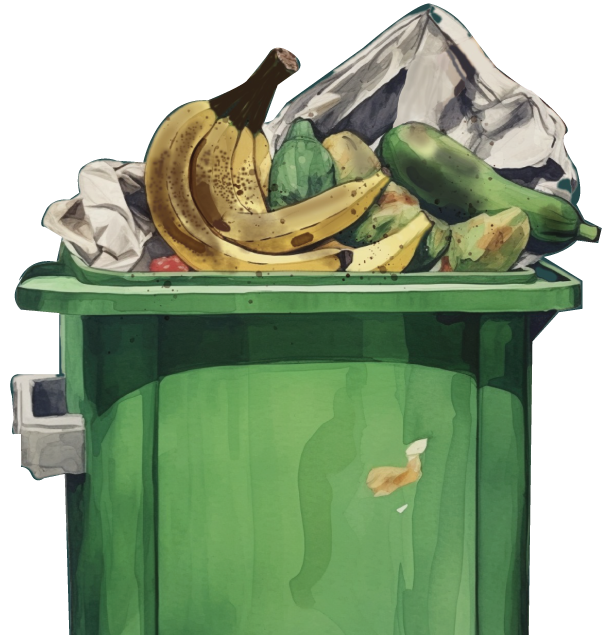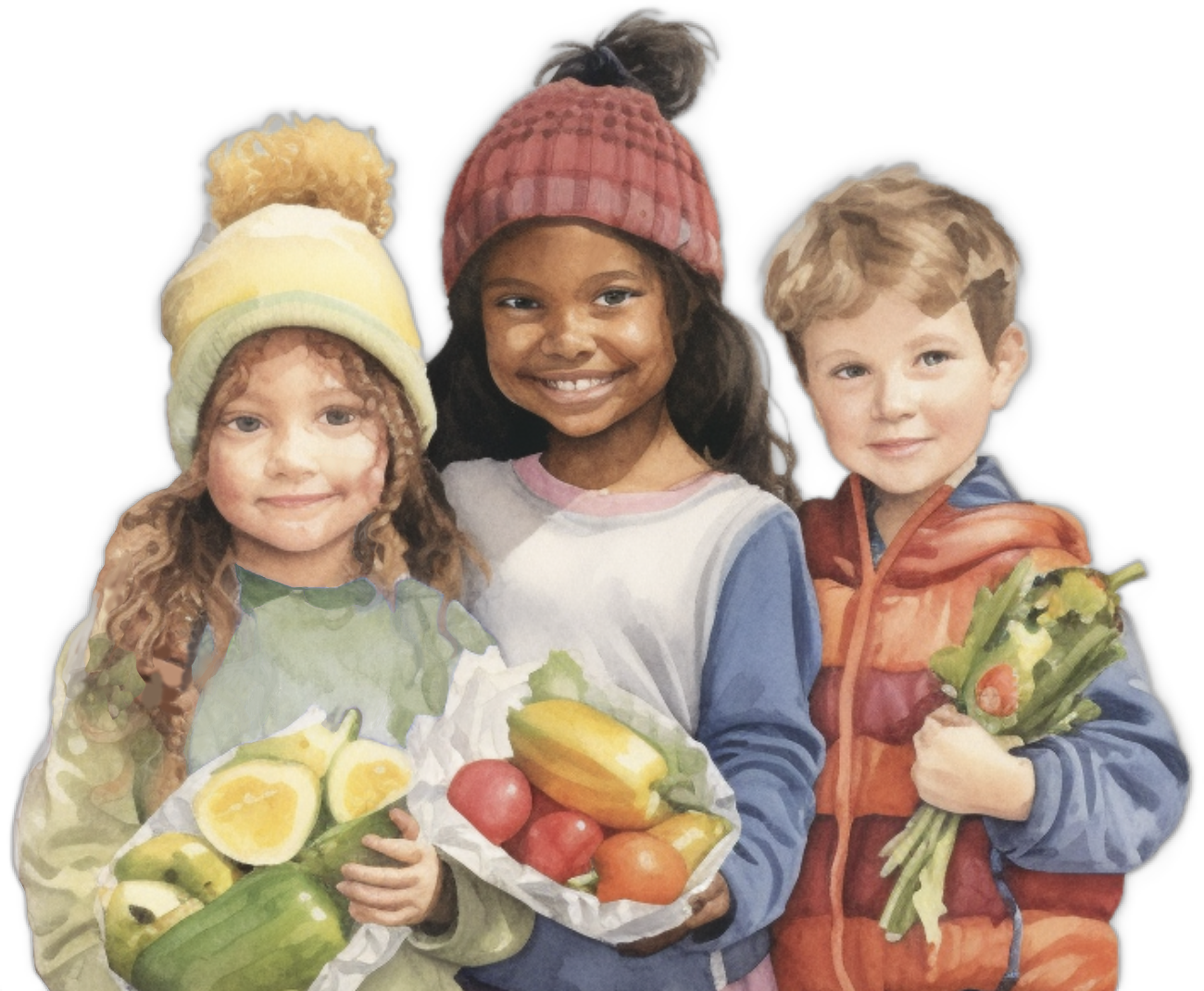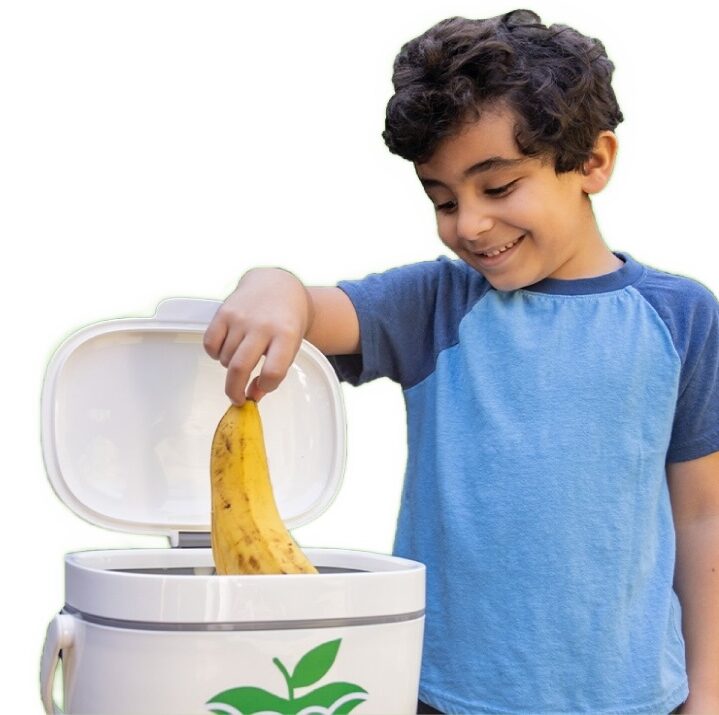California’s Climate Progress on SB 1383
Most California Communities Have Organic Collection and Food Recovery ProgramsCalifornia’s climate crisis gives no time to delay cutting organic waste pollution.
Organic waste recycling has taken off in California as a vital part of our climate fight:
- Residents in most communities have organic waste collection.
- Businesses invested millions in this growing green industry.
3 MILLION CARS
worth of climate pollution
will be cut
by reaching SB 1383’s
recycling and food rescue targets


Progress Since January 2022 Implementation
%
of California Communities report they have residential organic waste collection in place.
That’s 465 out of 616 jurisdictions.
California Sends Unsold Food to People in Need
- 2.5 billion meals worth of potentially-donatable food is landfilled a year.
- This could feed millions of the 1 in 5 Californians without enough to eat.
%
of California Communities have expanded programs to send still-fresh,
unsold food from large food businesses to Californians in need.
242 million meals worth of unsold food have been sent to people in need because of
$28 million in CalRecycle grants funding local food recovery infrastructure.

California Cut 2 Million Tons of Organic Waste Before 1383 Took Effect
2 million tons of organic waste a year was already cut between 2018 to 2021, even before most communities launched their organic waste programs when the law took effect on January 1, 2022.
California now has 206 organic waste processing facilities and is building 20 more.
CalRecycle investments in SB 1383 infrastructure:
- Grants: $466 million
- Loans: $21.3 million
126 Jurisdictions Were Given More Time to Comply
126 jurisdictions gained more time to reach compliance with all SB 1383 rules by using
the SB 619 process passed by the Legislature and Governor Gavin Newsom in 2021.
Rural and Low Population Jurisdictions Have Ways to Navigate New Rules
146 local governments have waivers and exemptions for SB 1383 collection
requirements based on being rural or having a low population.
In 2027, rural communities can apply for a low-population waiver.
Rural areas without a low enough population for a waiver can pass a self-haul ordinance and ensure that self-hauled waste sorts into organics, recyclable, and landfill categories.

CalRecycle's Organics Recycling Campaign
CalRecycle provided educational resources, public service announcements, and 5 web trainings for how to use them.
The organics recycling PSAs ran in every town with organic waste collection in 2022.
For more information, contact the Office of Public Affairs at OPA@calrecycle.ca.gov

